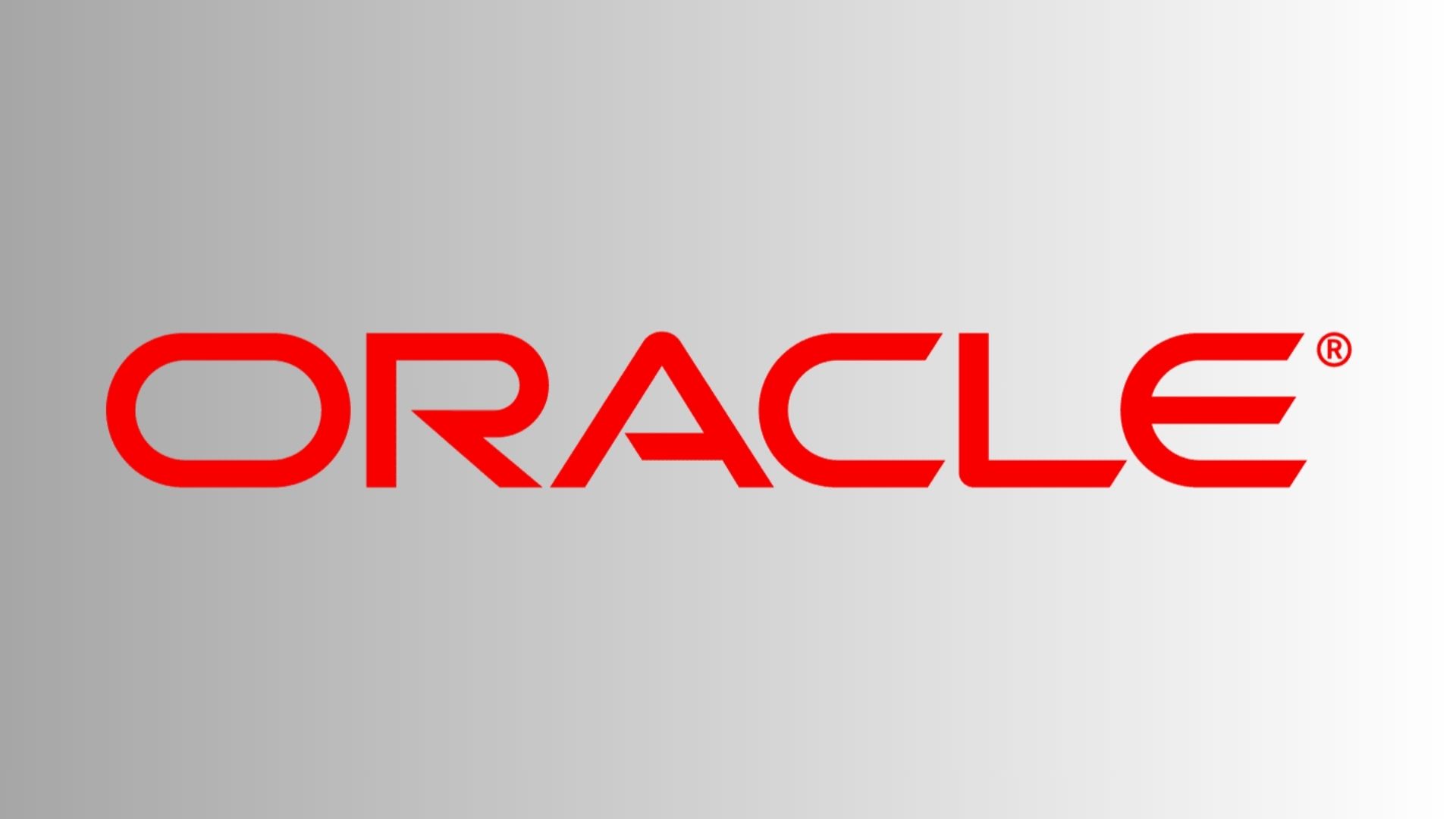OpenAI says ChatGPT will leave WhatsApp on 15 January 2026 after Meta’s new rules banning general-purpose AI chatbots on the platform. ChatGPT will remain available on iOS, Android, and the web, the company said.
Users are urged to link their WhatsApp number to a ChatGPT account to preserve history, as WhatsApp doesn’t support chat exports. OpenAI will also let users unlink their phone numbers after linking.
Until now, users could message ChatGPT on WhatsApp to ask questions, search the web, generate images, or talk to the assistant. Similar third-party bots offered comparable features.
Meta quietly updated WhatsApp’s business API to prohibit AI providers from accessing or using it, directly or indirectly. The change effectively forces ChatGPT, Perplexity, Luzia, Poke, and others to shut down their WhatsApp bots.
The move highlights platform risk for AI assistants and shifts demand toward native apps and web. Businesses relying on WhatsApp AI automations will need alternatives that comply with Meta’s policies.
Would you like to learn more about AI, tech and digital diplomacy? If so, ask our Diplo chatbot!










